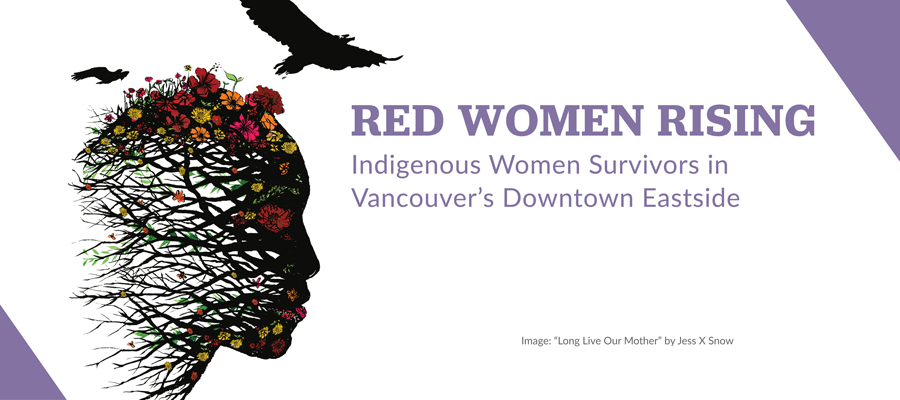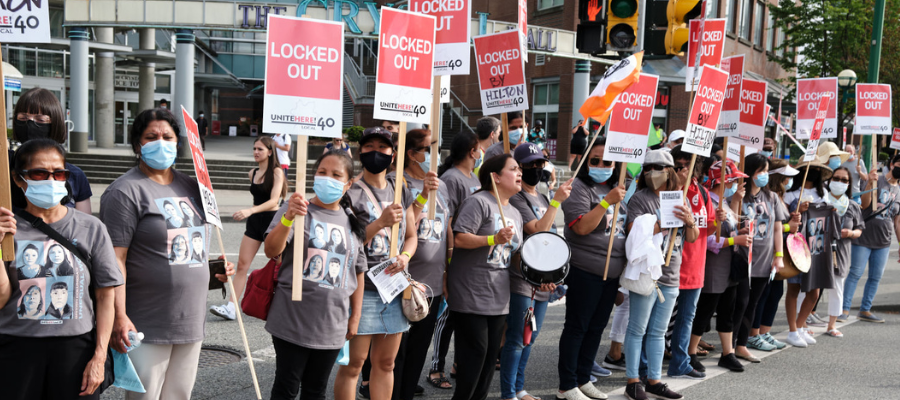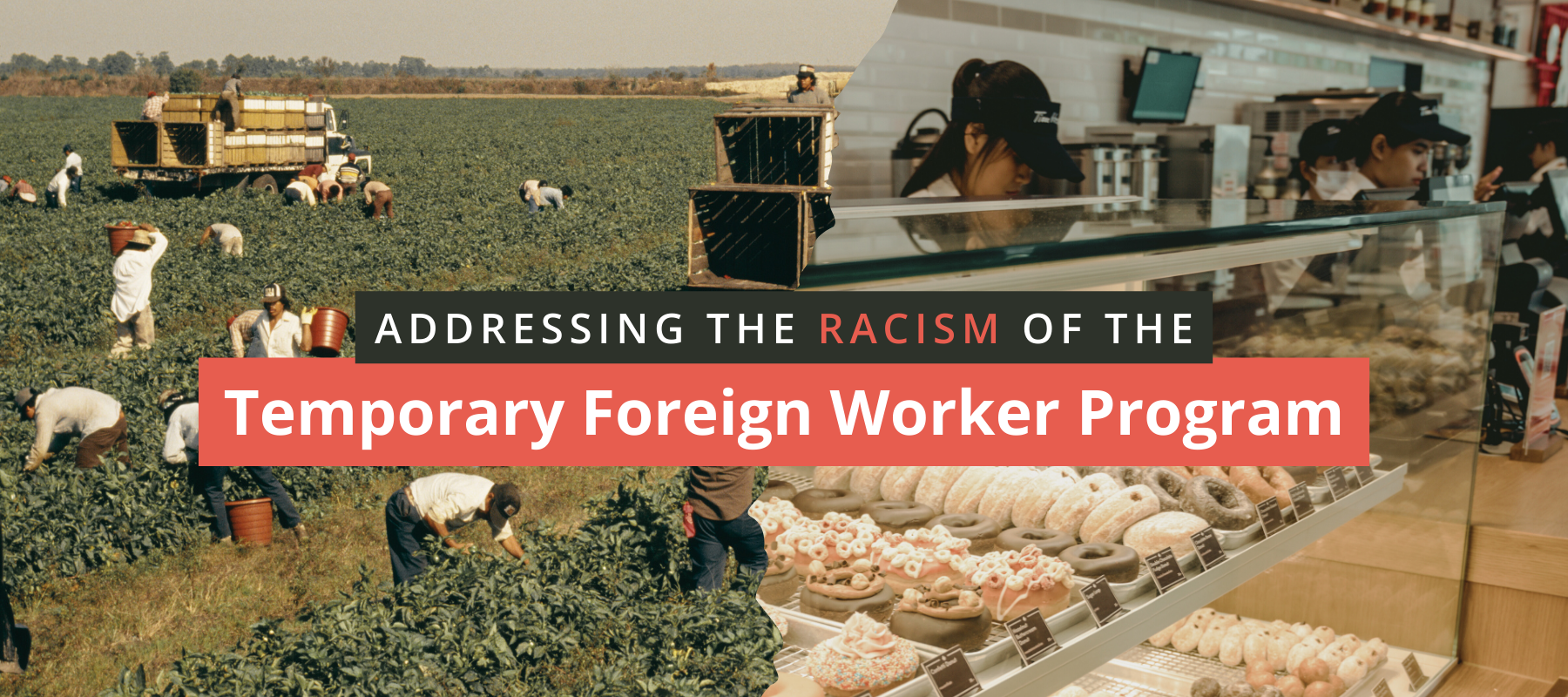Elevating Indigenous women’s voices is critical to addressing gendered colonial violence

“No one deserves the violence and pain we go through.”
“Nothing changes because our lives are not valued and because people think violence against us is ‘normal’ and ‘how it is’.”
“There are so many things we experience that most people who aren’t poor don’t think about.”
“You feel it in your body that you are being targeted.”
These are the voices of Indigenous women survivors documented in a powerful new report, Red women rising: Indigenous women survivors in Vancouver’s Downtown Eastside.
The comprehensive study centres the stories of Indigenous women living in Vancouver’s Downtown Eastside. The research grew out of activities around the Inquiry into Missing and Murdered Women and was carried out using a participatory process that involved 113 Indigenous women and 15 non-Indigenous women. Authored by Carol Muree Martin (Nisga’a and Gitanyow) and Harsha Walia, the report was published on April 3 by the Downtown Eastside Women’s Centre.
Violence against Indigenous women, girls, trans and two-spirit people is one of the most pressing human rights issues in Canada today. Home to many Indigenous women, the Downtown Eastside is well known for complex issues of deep poverty. It is also the site of numerous studies that often include these women as their subjects.
“We’re tired of being glossed over and not heard; it was important to me to raise up the women here and for people to hear the stories of their lives unaltered,” noted Muree Martin.
The unedited and unfiltered documentation of women’s stories sets the Red Women Rising report apart. Whether it is violence against women, poverty, homelessness, the opioid crisis, incarceration or child apprehensions, Indigenous women are overrepresented in the statistics. But these statistics too often dwarf the voices of the people directly impacted. The work of Red Women Rising offers a potent counterpoint.
The women’s stories illustrate the devastating and connected impacts of colonialism, violence against women, racism and gentrification. Their stories are not easy reading, but a striking and powerful picture emerges—one that elevates the extraordinary strength of the participants, rather than pathologizing or victimizing them.
The report also offers a vision for change, making 35 key recommendations and summarizing the 200 recommendations raised throughout the research process. The recommendations include calls for:
- Implementation of the UN Declaration on the Rights of Indigenous Peoples at all levels of government;
- Indigenous women’s leadership in the design and delivery of programs directed to them;
- The elimination of structural violence against women and girls;
- Legislative reforms to reduce the vulnerability of Indigenous women created by existing laws and practices (such as discriminatory provisions in the Indian Act, the criminalization of women in the sex trade and the use of street checks by police);
- The provision of immediate services urgently needed in the Downtown Eastside (such as emergency shelters, transition homes, Indigenous-run overdose prevention and treatment services); and
- Access to safe, affordable and culturally-appropriate public services (including housing, child care, health care and transportation).
The recommendations in Red Women Rising remind us of the importance of listening to Indigenous people about the impacts of current and historical policies—and taking their direction when it comes to addressing the profound inequities and harms these policies have created.
Red Women Rising amplifies and lifts up the voices of women who are offering concrete solutions to address the injustices they have endured at great cost. While the recommendations are in some cases tied to the Downtown Eastside location of the study, they will be of interest to those seeking to address gendered colonial violence in any jurisdiction.
We thank and congratulate the Downtown Eastside Women’s Centre and everyone involved in this important project. Your experiences, knowledge and expertise belong at the centre of advocacy and policy related to gender, violence and colonialism—exactly where you’ve put them with this report.
Download the full report here.
Topics: First Nations & Indigenous, Poverty, inequality & welfare, Racism & racial justice, Women


